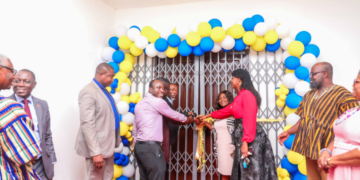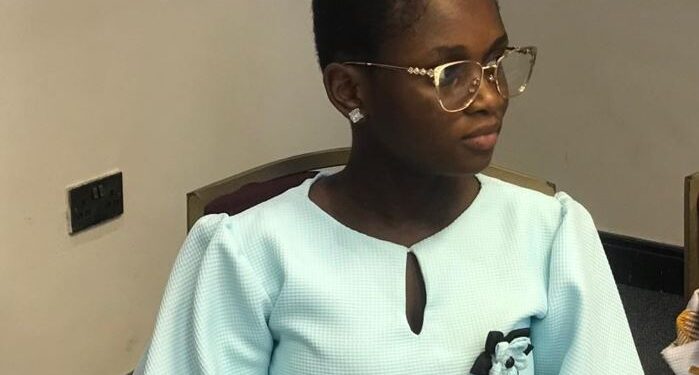The newly appointed Child Sanitation Diplomat, Miss Adwoa Gyakoa Appiah-Kubi, has made a passionate appeal to Ghanaians to abandon open defecation and adopt healthier sanitation practices.
Speaking at the launch of her sanitation advocacy campaign, the young diplomat from Efutu M/A Basic School in the Cape Coast Metropolis highlighted the disturbing fact that a significant number of schools in Ghana lack proper toilet facilities, contributing to the spread of diseases and environmental pollution.
The 2021 population census reveals that 17.7% of households in Ghana resort to open defecation, amounting to over 5 million people and approximately 1300 tons of waste daily.
With only 25.3 per cent of Ghanaians having access to improved sanitation facilities, Miss Appiah-Kubi is determined to drive change.
She plans to lead by example, initiating a comprehensive one-year project aimed at boosting sanitation awareness through school visits, media engagements, and the production of educational materials.
“So, for my project goal, I wish for a clean, healthier, prosperous Ghana for improved health, quality education, and socioeconomic well-being of children and their families to promote greater prioritization of sanitation by government and all stakeholders, especially citizens, and to foster a national consciousness towards the fight against environmental sanitation.” She said.
Miss Adwoa Gyakoa Appiah-Kubi expressed that the project objective is to enhance access to improved toilet facilities in basic schools and healthcare facilities, complete with handwashing facilities and changing rooms, aiming at addressing the issue of open defecation in the central region where 11.7% of the population practices open defecation.
The project involves visiting and identifying open-defecation-free communities, publicly addressing and urging action to eliminate open-defecation, and promoting sustained efforts towards achieving this goal across the country.
Emphasizing the critical need for improved toilets in schools and healthcare facilities, she also advocated for innovative financing models to ensure every household has access to better sanitation.
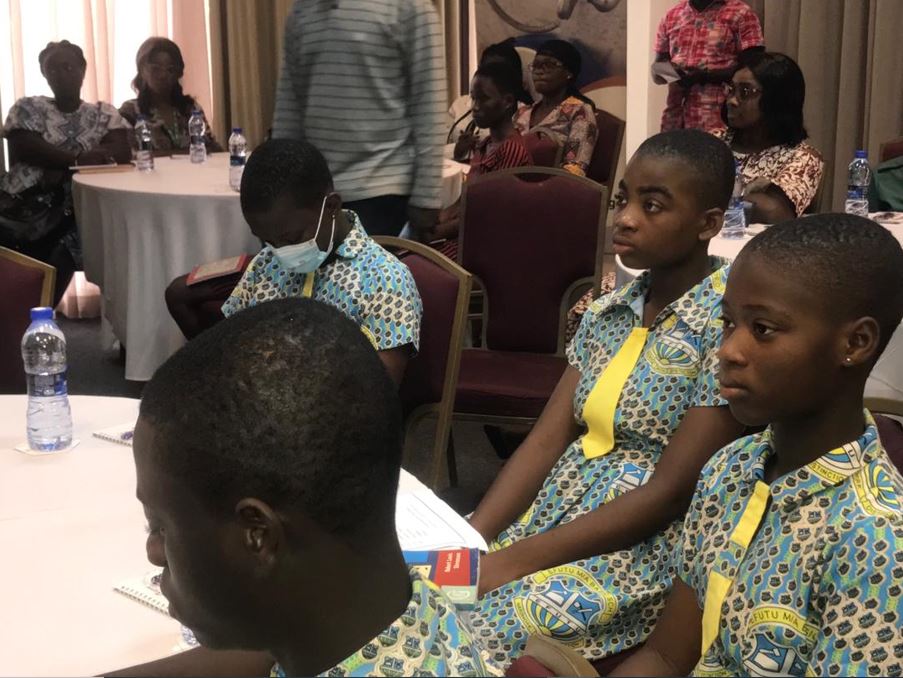
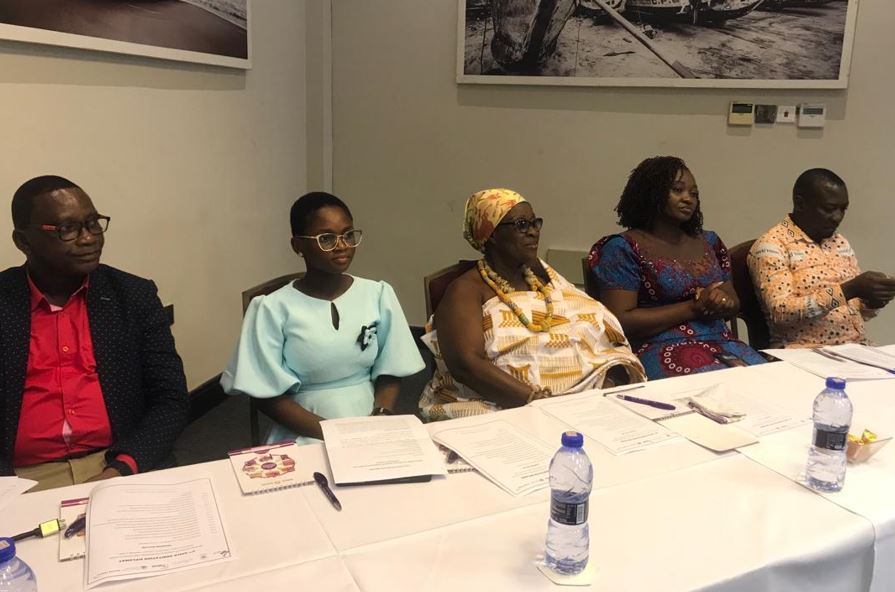
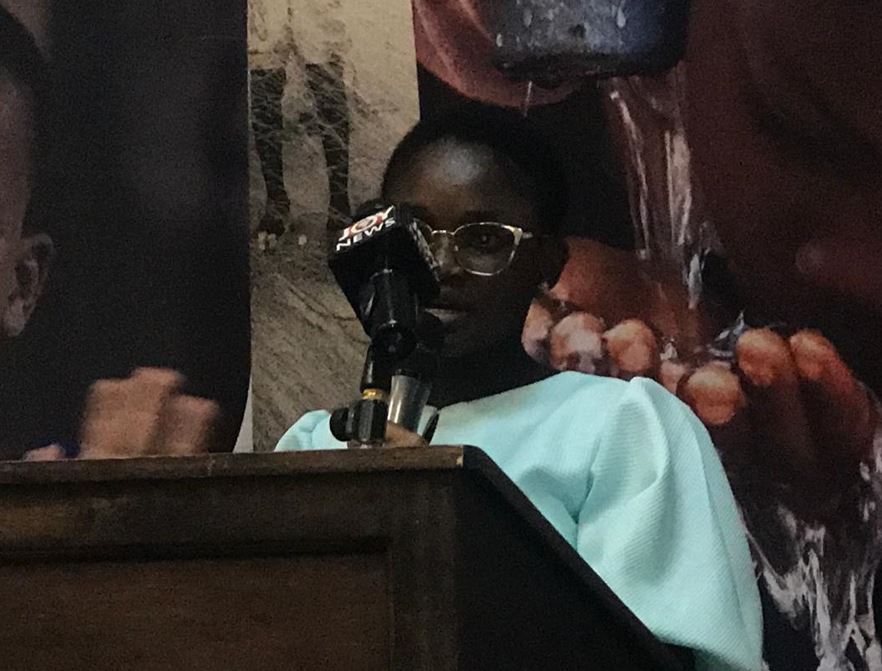
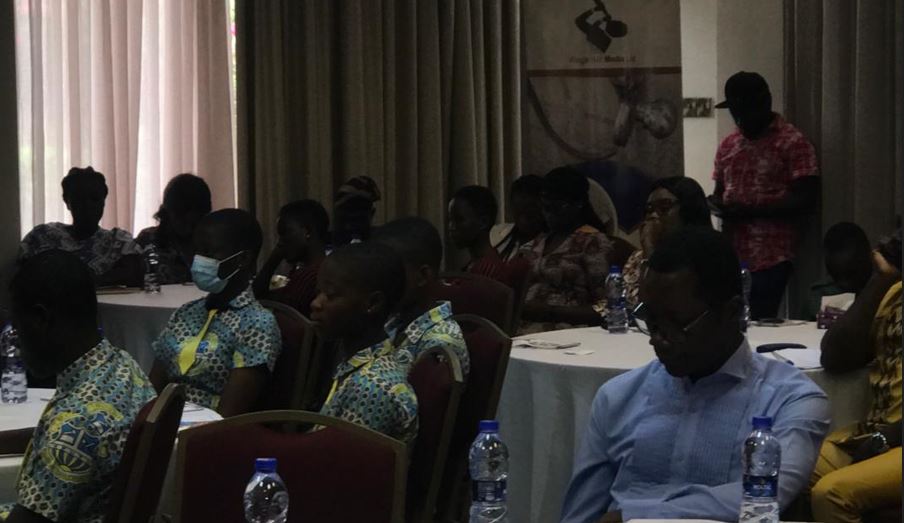
Madam Justina Marigold Assan, the Central Regional Minister, highlighted that open defecation is a serious issue that requires urgent attention and strong dedication from everyone involved.
To her, there should be a change of attitude across all sectors adding that there also must be a collective responsibility to work together in addressing sanitation challenges.
“We need to change our attitude like it is our behaviours that we need to change. So, this is our collective responsibility to work together to solve these sanitation challenges that we have, and that is also a very essential catalyst for effective, efficient, and sustainable utilization of such facilities.”
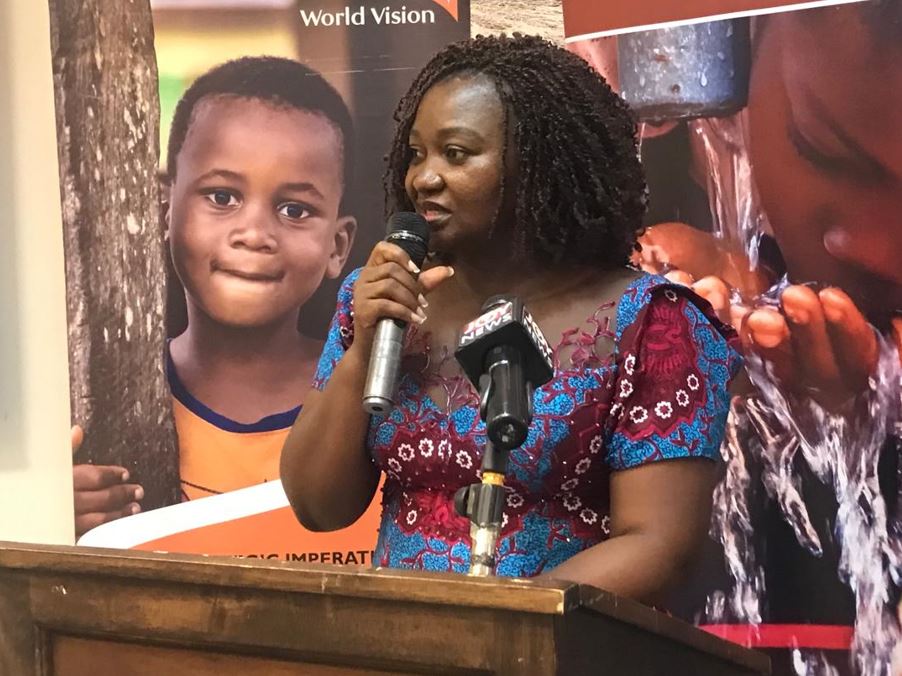
On his part, Mr. Yaw Atta Arhin, a WASH Technical Specialist at World Vision Ghana pointed out the especially troubling lack of changing rooms in school toilets, which severely impacts girls’ ability to manage menstrual hygiene in a dignified manner.
This issue, he noted, makes the school environment less welcoming and poses significant challenges to children’s health and their right to quality education.
He also emphasized the importance of such facilities for the overall health of students and the quality of education they receive, underscoring the need for immediate action to address these critical challenges.
The School Sanitation Solutions, Triple S, Challenge is an annual contest on environmental sanitation organised for pupils in basic schools from Class 6 to JHS 2.
Miss Adwoa Gyakoa Appiah-Kubi’s project would be supported by the World Vision Ghana, Ministry of Sanitation, Water and Natural Resources, Zoomlion Foundation, Ghana Education Service, GAMA SWP, and Kings Hall Media Limited.
Read more news @ atlfmnews.com
Source: Anthony Sasu Ayisadu/ATLFMNEWS

